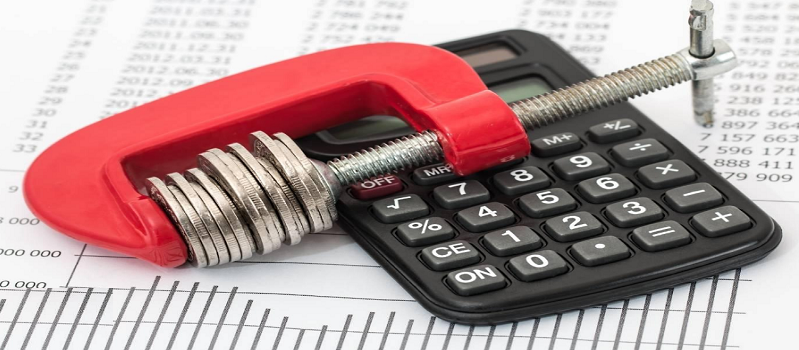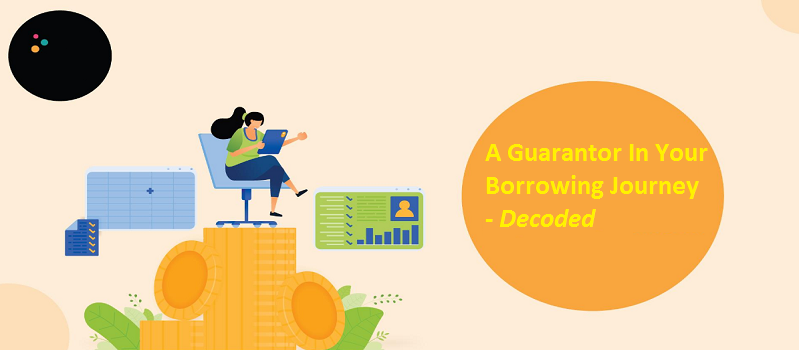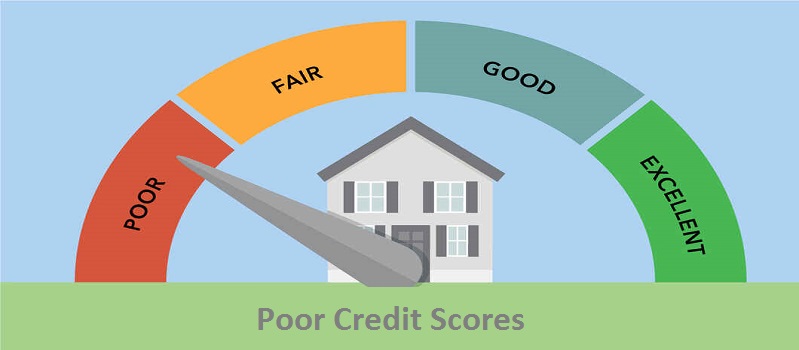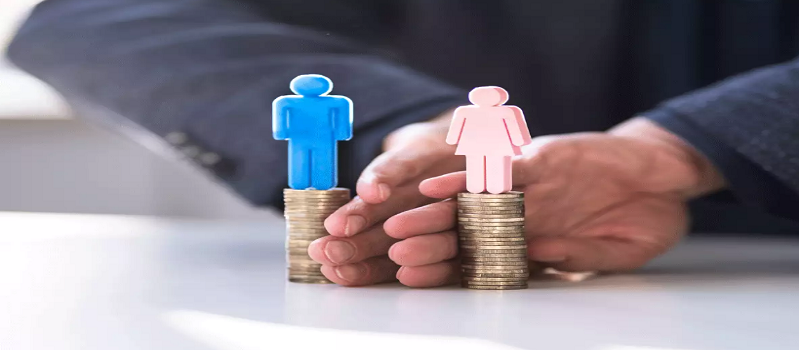Borrowing money is easier, and paying it off is a nightmare. Modern lending has made it way easier to borrow; in fact, you can borrow a small sum, such as £100, that no banks will sign off on, the most common reason why you end up getting in debt up to your neck.
Credit cards are largely responsible for why people struggle with their finances. Every now and then, you swipe your card and end up maxing it out, and when the due date comes, your pocket bursts out, which results in attracting interest, adding up the amount of debt.
If you are struggling with debt, you should try to find a way out to pay down them. If not, the interest will keep accruing, and soon, you will be handed over to collection agencies. Apart from this, your credit points will be deducted, lowering your chances of qualifying for lower interest rates down the line.
Worse occurs when a lawsuit is filed against you. Once the matter goes to the court, you are to abide by the verdict. Although there are chances to propose a middle ground if your financial position does not allow you to adhere to the court’s payment methods, things will not be so smooth.
Moreover, you have only 30 days to prevent a CCJ from showing up on your credit file, which you can do only after the settlement within a month from the verdict.
Here are the best techniques to get rid of debt.
1. Create a budget
Budgeting lays a strong foundation for debt settlement, whether or not you believe it. You will have to find out where your money is going out to understand why often you are in need of loans to cover your expenses.
To get started, jot down all expenses like rent, food, travel, entertainment and so on and then find out where you can cut back on. Not until you clear your dues should you spend a penny on discretionary expenses. The stricter your budget, the better it is. The money you pull from such areas can be utilised for the payment of your debt.
Make sure you do not stop by for emergencies. The journey to debt settlement is quite long, and in the meantime, you must have some savings to back you when you are caught up with an emergency. Try to avoid taking out very bad credit loans with no guarantor and no broker, as you may not be able to get the nod due to hefty outstanding debts.
2. Prioritise your debts
It is vital to prioritise your debts to pay them off faster. Some debts will be small, while others will be large. You will have to come up with the right plan to ensure you adhere to the payment plan and clear all dues without a hitch.
You can start with those first that cost you high-interest rates, or you can start with smaller debt. Whichever plan you choose depends on your current financial situation. Understand this by an example. Suppose you have the following types of debts:
| Credit card bills | £2,000 |
| Payday loans | £1,000 |
| Cash loans | £500 |
Credit card bills will cost you very high interest, so it makes sense to pay them off first. Clearing these debts as soon as possible will help you save a lot of money in interest, but it might take a bit of a long time. You can also start with the cash loans. As they do not constitute a lot of money, you will feel motivated. Anxiety will ease, and you will stay motivated to stick to your payment plan.
Consult a financial planner if you are confused about the plan you should choose. They can help you come up with a strategy that works according to your current financial situation.
3. Negotiate for lower interest rates
If you are struggling with the debt settlement and suspect that you can fall into debt, you should immediately talk to your lender. Let them know about your true financial situation so they become willing to help you. It is unlikely that they will offer a payment holiday, but they can whittle down the size of your debts.
By lowering your monthly payments, they will try to ease the payment pressure. This can prevent you from attracting late payment fees and accrued interest, but this time, the total interest will be slightly higher than determined in the previous payment plan.
Apart from this, your lender can revise your payment plan. This might also help you avoid falling into debt.
4. Consolidate your debts
If you have multiple debts to pay off and you are unable to pay them off, the best strategy is to consolidate them. Consolidation allows you to take out a large loan equivalent to the amount of your outstanding debts, which you can use to pay off all your current dues at once.
Now, you do not have to be afraid of accrued interest and penalties, but you will have the same amount of a personal loan that you will pay off over a few months. Consolidation is a suitable option when your credit score is good. Before you fall into debt, you should immediately talk to your lender and apply for these loans.
Your chances of securing a personal loan are quite higher when your credit score is OK. Most of the lenders refuse to consolidate loans when your credit rating is not up to scratch, and if they do so, they charge higher interest rates, and the term of the loan will also be small.
The final word
Cautious spending is the key to breaking the cycle of debt. Use budgeting apps so you can track your spending and stay on top of your expenses. Build an emergency cushion. However, despite that, you might need to take out no guarantor loans from a direct lender. Borrow money only when you need.

Emma Anderson is a financial advisor at Quickloanslender who always believes in researching hard to know her clients’ financial problems. She takes the time to understand their financial wants and needs to write the blogs on them as the solutions. In her long 14 years of experience, she has written plenty of blogs on the financial and business sectors of the UK.
Emma Anderson has been recognised for her work in financial planning and her blogs are regularly published in the website of Quickloanslender. As far as her educational qualification is concerned, she has done Masters in Accounting and Finance, and done PG Diploma in Creative Writing.






